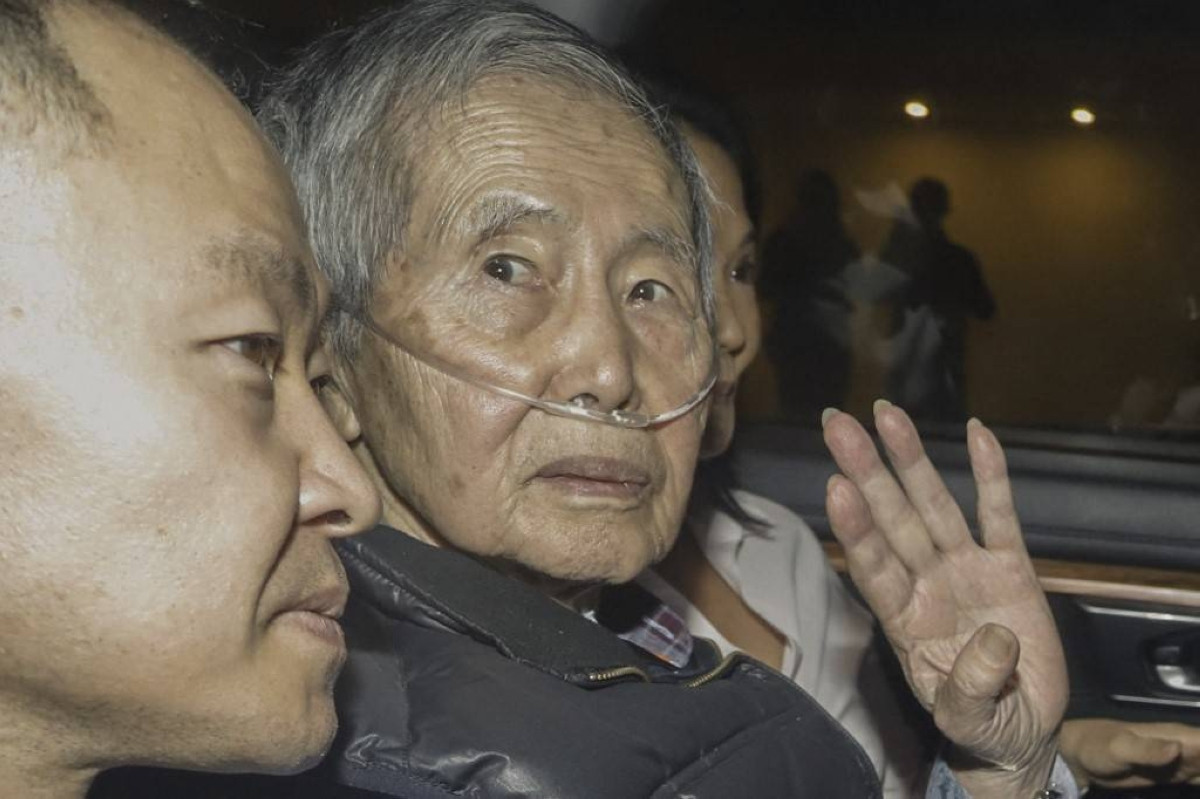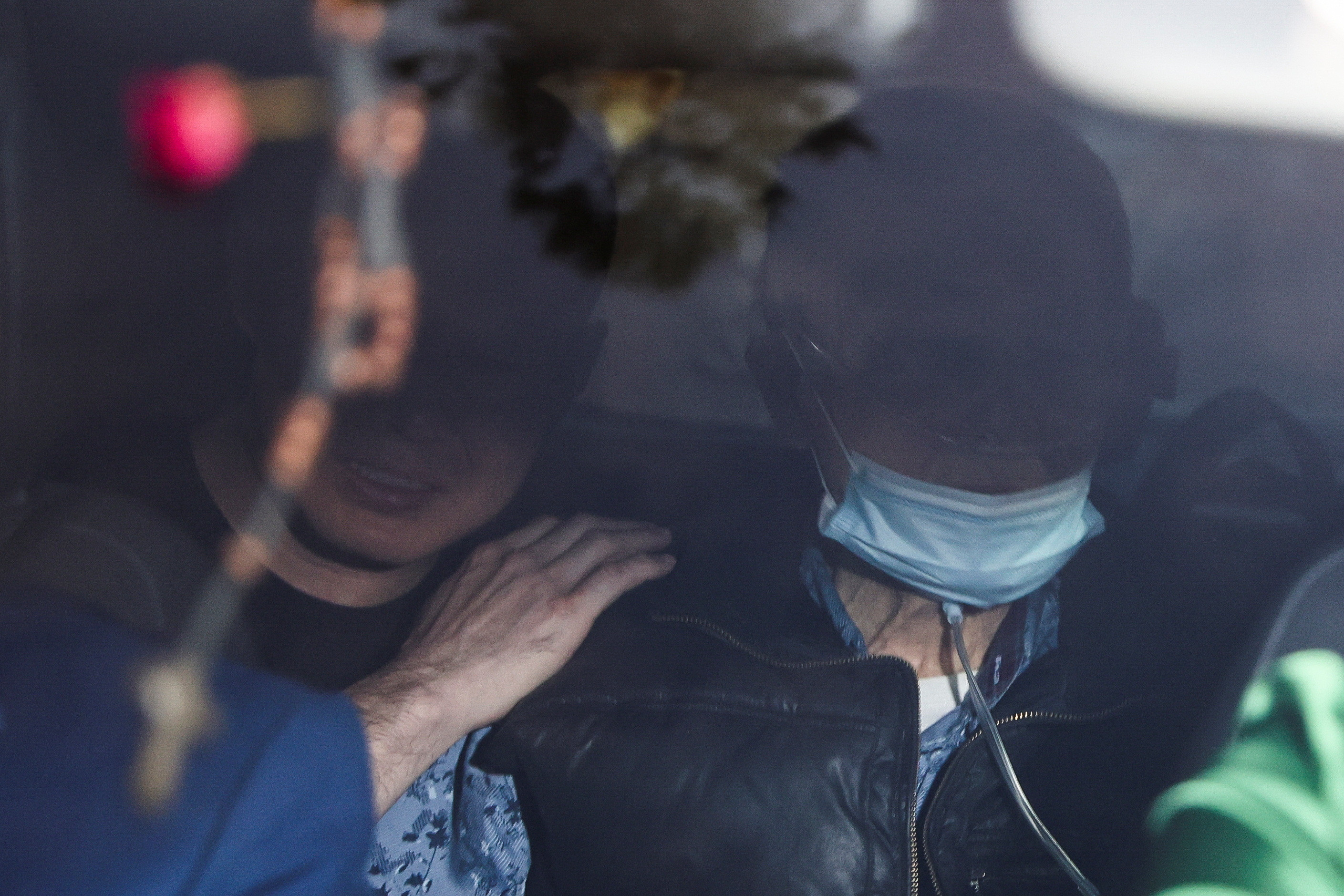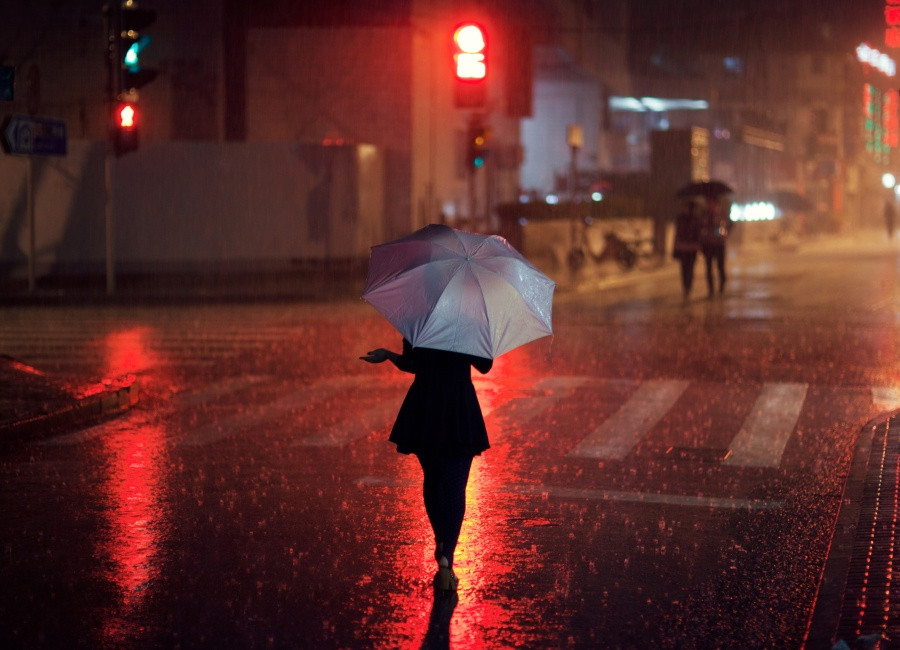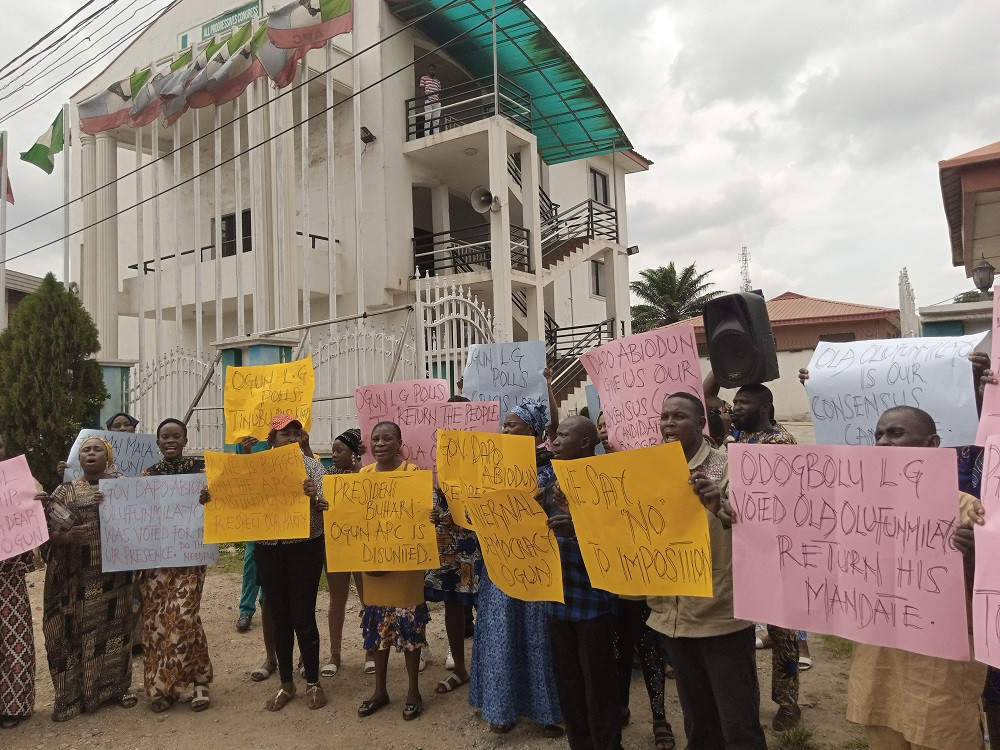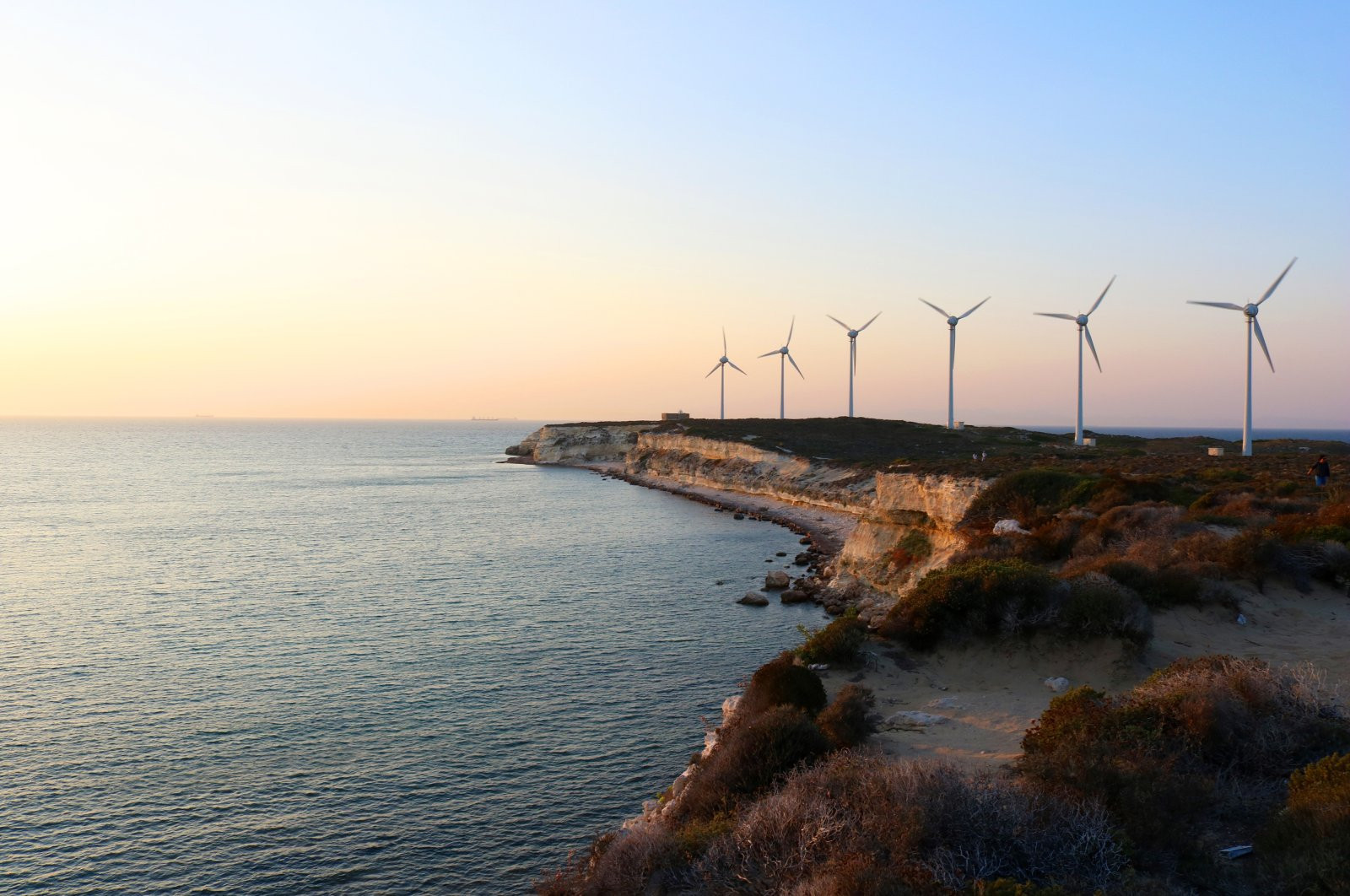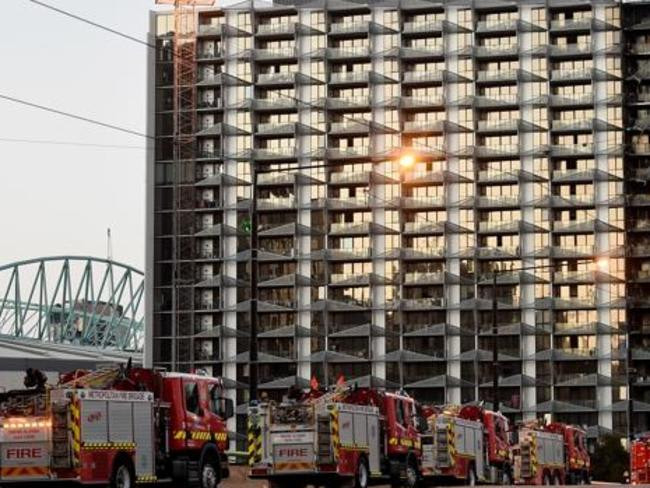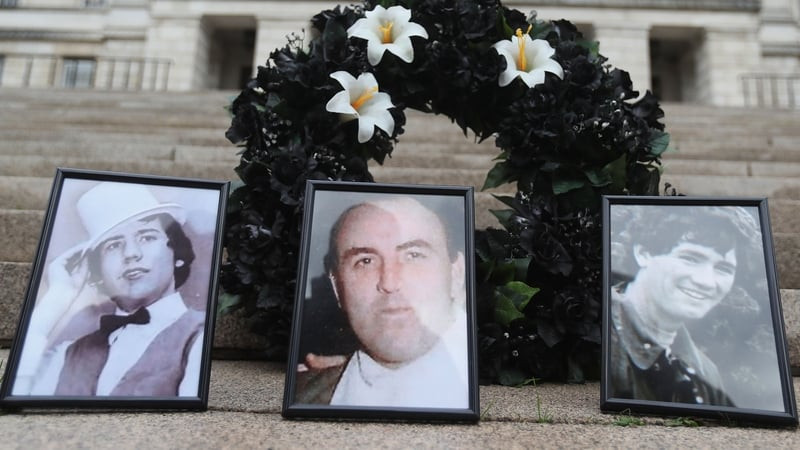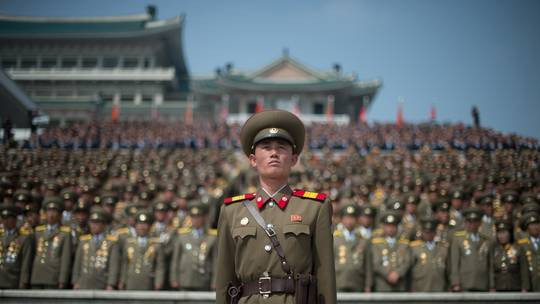Former Peruvian president Alberto Fujimori, a polarizing figure in the country's politics, died at the age of 86 in the capital Lima, his family confirmed. He was the son of Japanese immigrants and had deep connections to Japan, where he lived from 2000 to 2005 to avoid extradition back to Peru over charges of corruption.
"After a long battle with cancer, our father, Alberto Fujimori, has just departed to meet the Lord," his children Keiko, Hiro, Sachie and Kenji Fujimori wrote on the social media platform X. "We ask those who loved him to join us in praying for the eternal rest of his soul," they wrote, adding: "Thank you for so much, Dad!"
Fujimori's legacy is one of both admiration and revulsion. He was adored and reviled in equal measures in Peru. He was a key part of Peru’s so-called war on terrorism, with government forces fighting against Shining Path and Tupac Amaru leftist rebels. It left more than 69,000 people dead and 21,000 missing from 1980 to 2000, most of them civilians, according to a government truth commission.
His supporters credited him with saving the nation from left-wing Shining Path and Tupac Amaru guerrillas and shoring up the economy. They argued that he brought stability to a nation ravaged by economic turmoil and guerrilla violence. His opponents saw him as a power-thirsty autocrat.
Fujimori was convicted and sent to prison in 2009 over massacres committed by army death squads in 1991 and 1992 in which 25 people, including a child, were killed in what he presented as anti-terrorist operations.
One of the most dramatic episodes of his presidency was a four-month hostage ordeal at the Japanese embassy in Lima in late 1996-early 1997. The standoff ended with Fujimori sending in commandos who rescued all 72 hostages and killed 14 rebels.
However, his presidency was also marked by a bribery scandal involving his intelligence chief Vladimiro Montesinos. Fujimori went into self-imposed exile in Japan and memorably faxed in his resignation, but was arrested years later in Chile and sent back to Peru for trial.
Fujimori was born on July 28, 1938, Peruvian Independence Day, and his immigrant parents picked cotton until they could open a tailor’s shop in downtown Lima. He was a little-known chancellor of a farming university when he was elected to office in 1990. He quickly established himself as a cunning politician whose hands-on style produced results even as he angered critics for concentrating power. He slayed hyperinflation that had thrown millions of Peruvians out of work, privatized dozens of state-run companies and slashed trade tariffs, setting the foundations for Peru to become, for a while, one of Latin America's most stable economies.
Under his watch, the feared leader of the Maoist Shining Path, Abimael Guzman, was captured - dealing a crucial blow to a movement that in the 1980s seemed close to toppling the Peruvian state. Guzman died in prison in September 2021.
Many Peruvians saw Fujimori as an autocrat after he used military tanks to shut down Congress in 1992, redrafting the constitution to his liking to push free-market reforms and tough anti-terrorism laws. A slew of corruption scandals during his 10-year administration also turned public opinion against him.
Shortly after he won a third election in 2000 - amending the constitution to run - videos emerged of his top adviser and spy chief Vladimiro Montesinos doling out cash to bribe politicians. Fujimori fled to exile in Japan. He resigned via fax from Tokyo and then unsuccessfully campaigned for a Japanese senatorial seat. Montesinos was later captured in Venezuela and jailed, convicted by the hundreds of videos he recorded of himself handing out cash bribes to politicians and business and media executives.
The cases against Fujimori piled up - including accusations that he had ordered the use of death squads in his battle against Shining Path militants. Fujimori was safe in Japan - he was a dual citizen and Japan does not extradite its citizens. So many were shocked when in 2005 he decided to head back to Peru, apparently in hopes of forgiveness and a return to politics. Instead, he was detained during a layover in Chile, extradited to Peru in 2007, and in 2009 he was convicted and sentenced to 25 years in prison.
In December 2017, then-president Pedro Pablo Kuczynski pardoned Fujimori due to his ill health. However, the Supreme Court later annulled the pardon and in January 2019, he was returned to jail from hospital. He was released again in December 2023 after a court reinstated his pardon.
His daughter Keiko has made three failed bids for the presidency. Just a month earlier his daughter Keiko had announced that the right-winger would run for president again in 2026.
Prime Minister Gustavo Adrianzen expressed his condolences to the Fujimori family. "We want his children and relatives to know we feel sorrow," he said. Adrianzen said he would talk to the family about what kind of funeral they want. It was not clear whether Fujimori would receive a state funeral.
Fujimori’s death is sure to spark debate about his legacy. His supporters will remember him as a strong leader who saved Peru from economic collapse and terrorism. His opponents will remember him as an autocrat who abused his power and committed human rights violations. Only time will tell how history will judge him.
The news of his death spread quickly on social media, where his supporters and detractors quarreled over his legacy. After his death on Wednesday, supporters gathered outside his house chanting: “El chino did not die! El chino is present!"
His death comes at a time when Peru is facing a political crisis. The country has been in a state of turmoil since the ousting of former president Pedro Castillo in December 2022, which led to widespread protests. Fujimori’s legacy will likely continue to be debated for years to come as Peru tries to move forward from its turbulent past.




